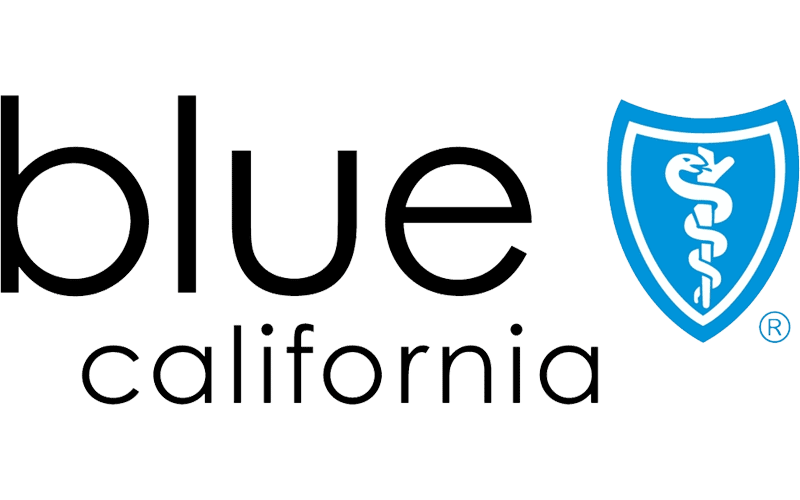Accepted health insurance plans






What are eating disorders?
Eating disorders are serious conditions that affect thoughts, feelings, and behaviors around food and body image. They can involve restrictive eating, bingeing, or purging, and often impact both physical health and emotional well-being.
Recovery is possible. With expert psychiatric care, you can rebuild a healthier relationship with food, body, and self.
9% of people
affected
Nearly 1 in 10 will experience an eating disorder in their lifetime. (NEDA)
Most never
get treatment
The majority of those struggling don’t receive the care they need. (NEDA)
Serious health
complications
Eating disorders can lead to heart, bone, and digestive problems. (NIMH)
Recovery is
possible
With early intervention and expert care, healing and long-term recovery are achievable.
Treatment options we offer
Psychiatric evaluation & diagnosis
Identify eating disorders and screen for co-occurring issues.
Medication management
Target anxiety, depression, or other conditions linked to ED.
Therapy referrals or combined care
We collaborate with therapists and nutritionists for recovery.
Telehealth services
Receive expert care from the comfort of home.
Why choose us for your treatment
Board-certified psychiatrists and psychologists
Experts in treating eating disorders and related conditions.
Personalized, evidence-based plans
Treatment tailored to your symptoms, needs, and recovery goals.
Confidential and compassionate care
No judgment—just understanding, care, and expert treatment.
We accept most major insurance plans
Aetna, Magellan, Cigna, Blue Shield, MHN, Healthnet.
7 signs of eating disorders you shouldn’t ignore
Concerns about food and body image are common, but when they become ongoing worries or lead to harmful behaviors, they can begin to seriously impact both physical health and overall daily life.
Here are 7 signs of eating disorders you shouldn’t ignore—especially if they’ve been affecting you for weeks or months.
1Preoccupation with food or body Persistent thoughts about eating, weight, or shape can interfere with your daily life and focus.
2Restrictive dieting or fasting Severely limiting food intake or skipping meals can be a warning sign of disordered eating.
3Binge eating episodes Regularly eating large amounts of food in secret or feeling out of control while eating.
4Purging behaviors Using vomiting, laxatives, or excessive exercise to “undo” eating is a red flag for an eating disorder.
5Strong feelings of shame or guilt Overwhelming emotions tied to food or body image can impact self-worth and relationships.
6Noticeable weight changes Rapid weight loss, gain, or fluctuations may signal underlying disordered eating patterns.
7Withdrawal and low mood Avoiding social situations, feeling isolated, or experiencing depression linked to eating habits.
When to reach out for help
If eating concerns are affecting your health, mood, or daily life, you don’t have to go through it alone. Baywell’s board-certified team provides compassionate evaluations, safe medication support, and therapy referrals to help you recover. Support is here—without judgment.
Questions or concerns?
If you need help, please call our office at 415-922-9122 and our receptionists will assist you. Zoom’s FAQ page may also help to answer some of your questions.
Zoom HIPAA compliance
The Zoom software used by Baywell is HIPAA compliant to protect your privacy and security in accordance with federal laws. We encourage our patients to review Zoom’s HIPAA compliance datasheet for more information.
Take control of eating disorders today
You don’t have to face this alone. Our team provides compassionate, evidence-based care to help you recover and thrive.
Call 415-922-9122 to get connected with a Baywell provider.
